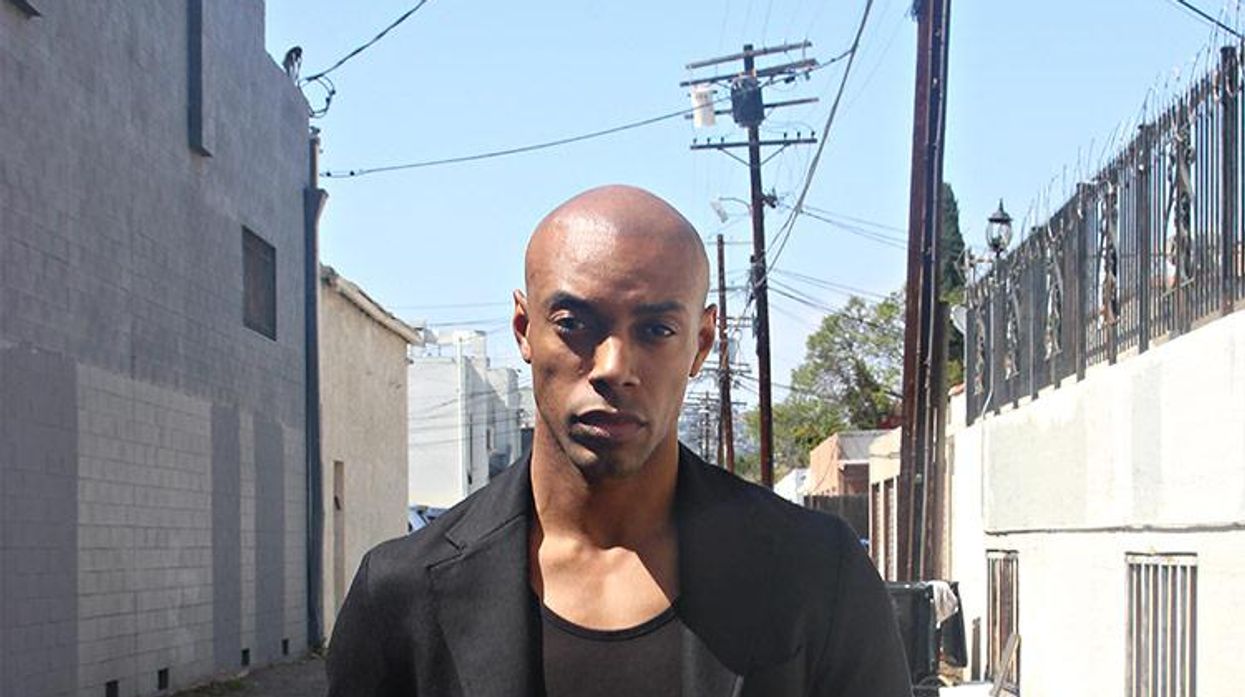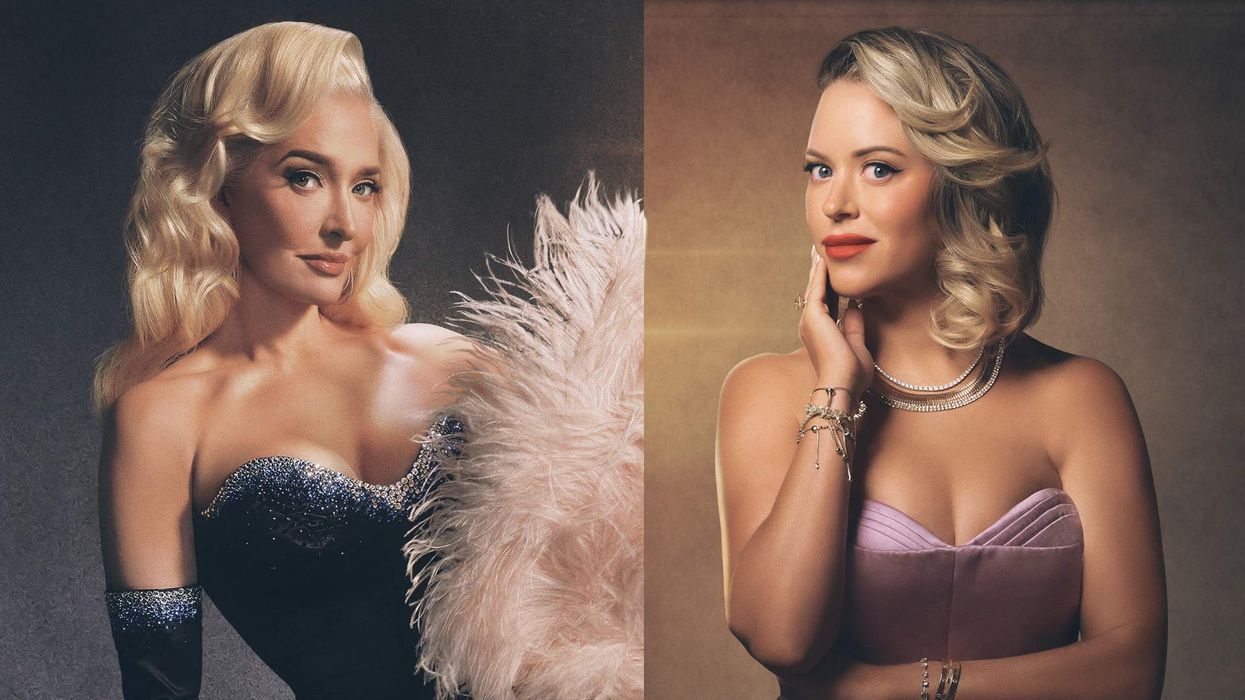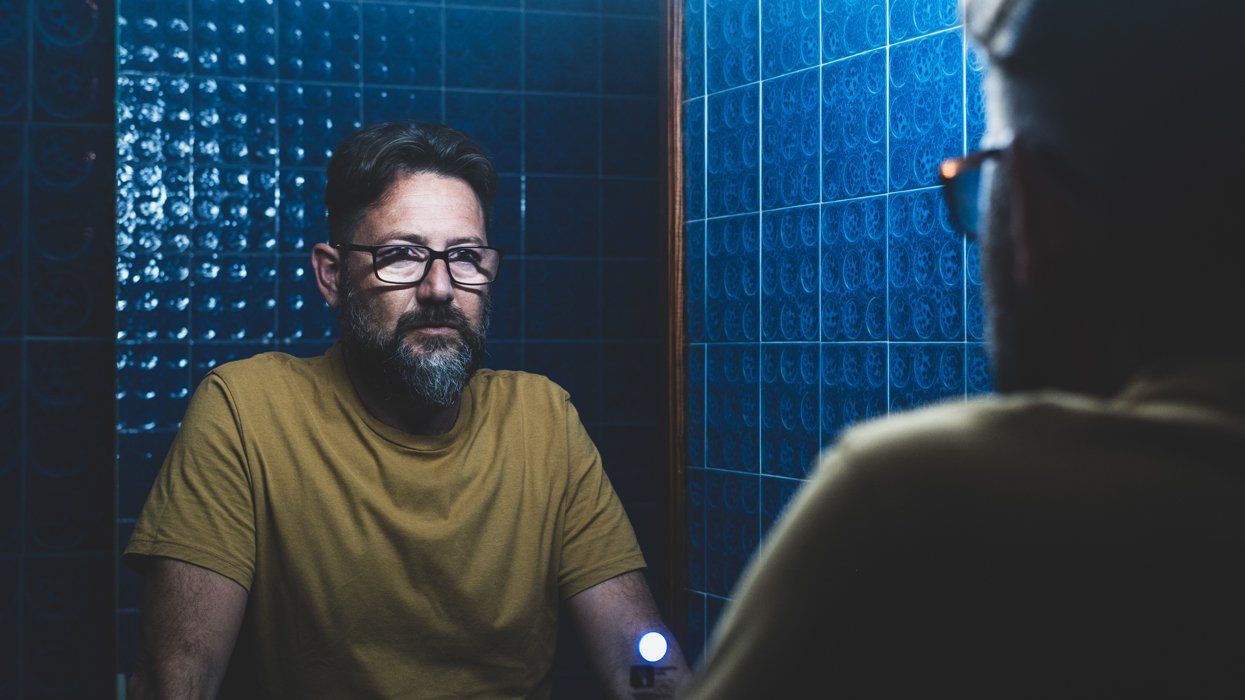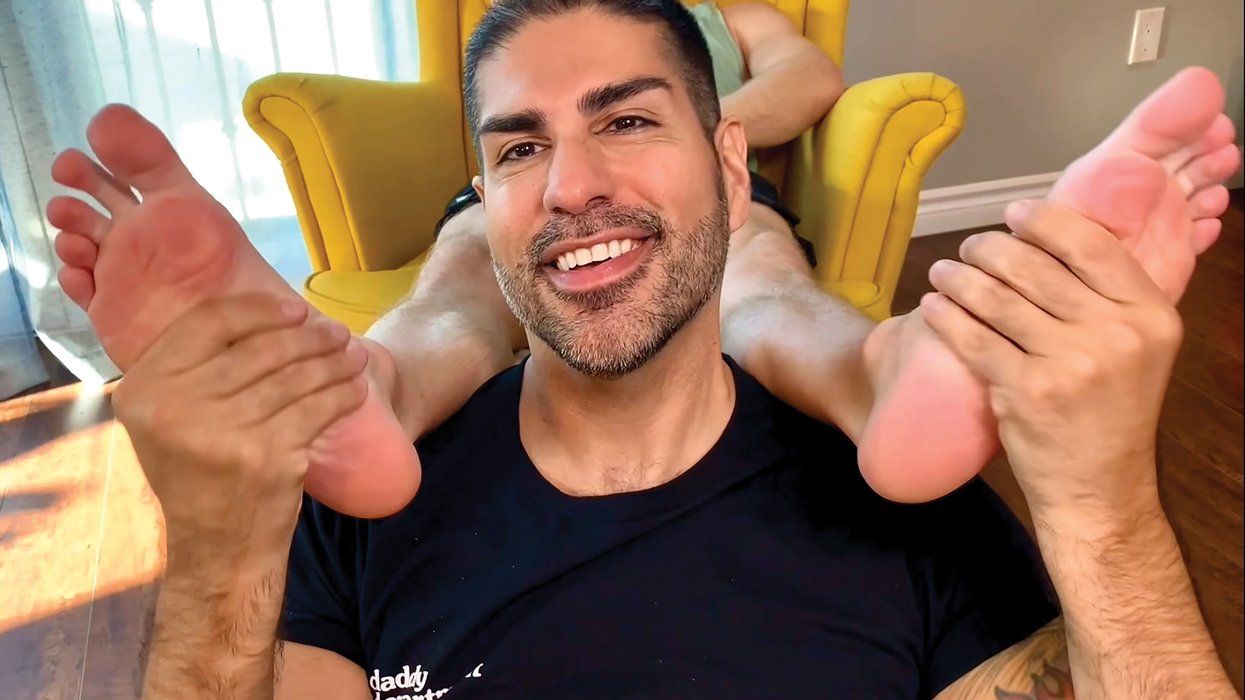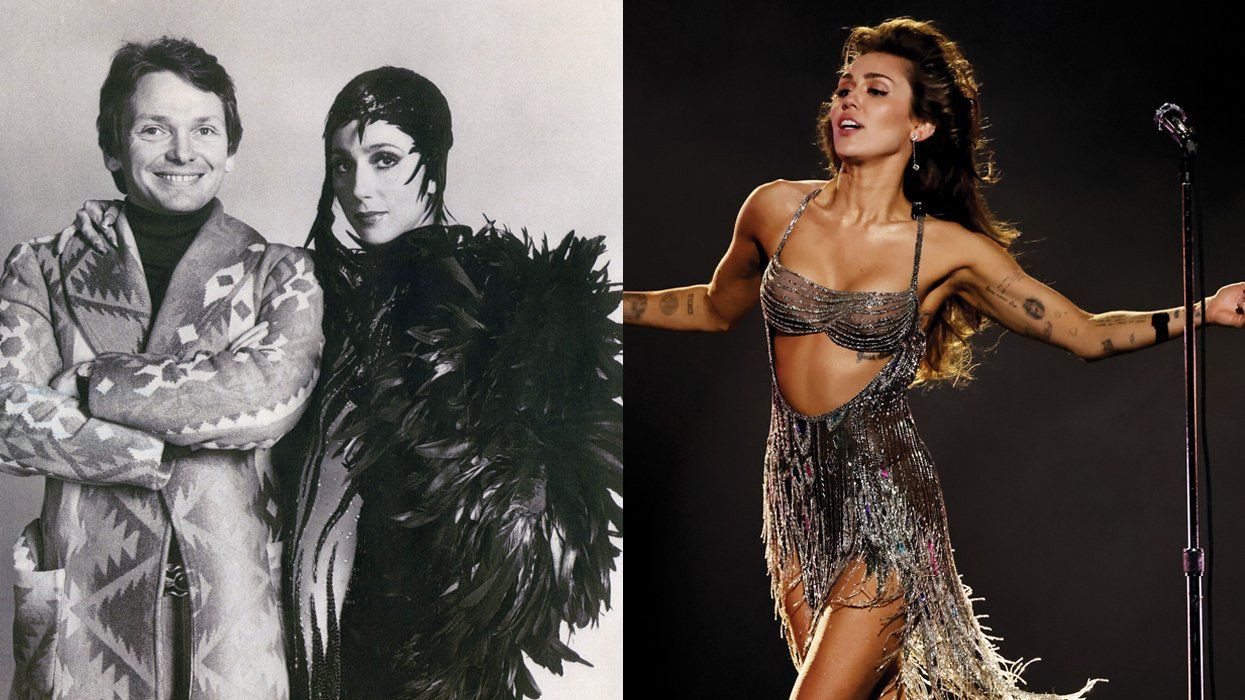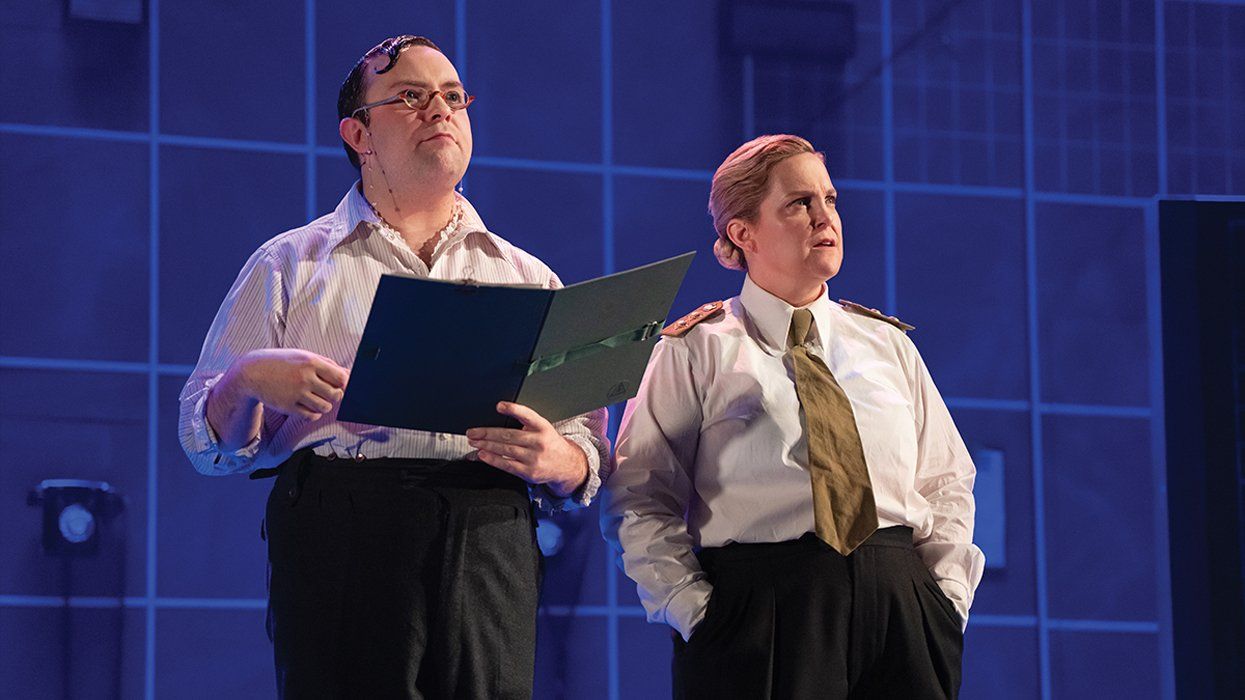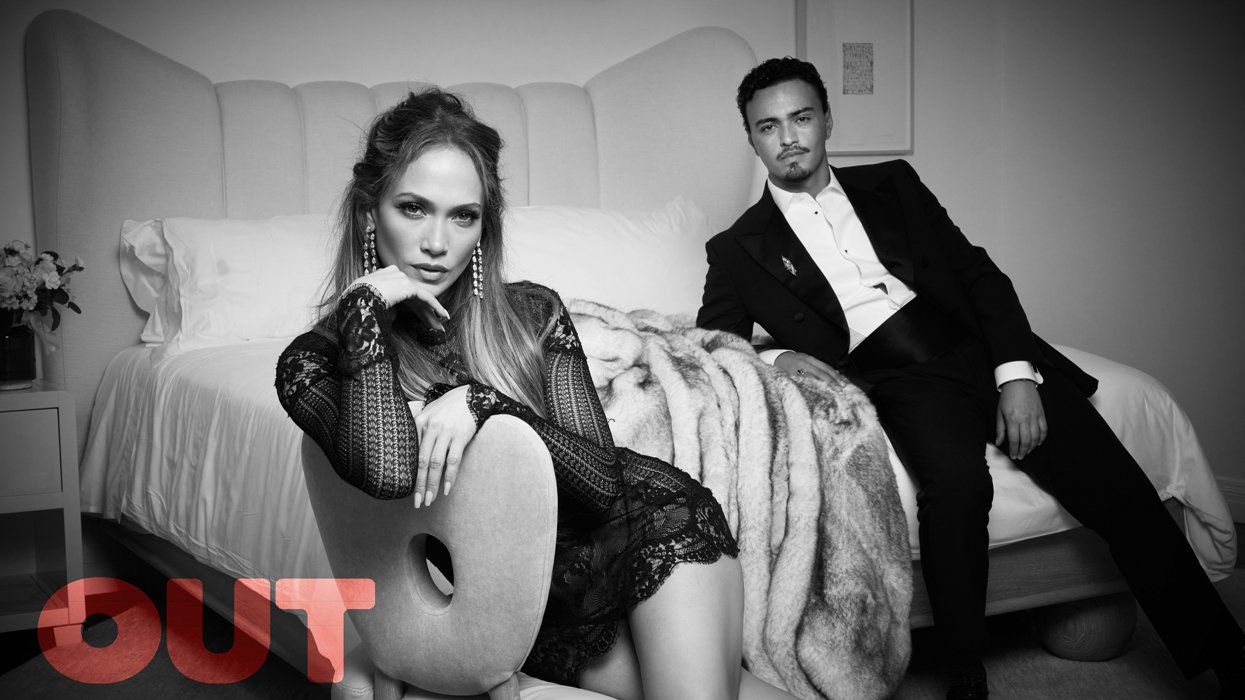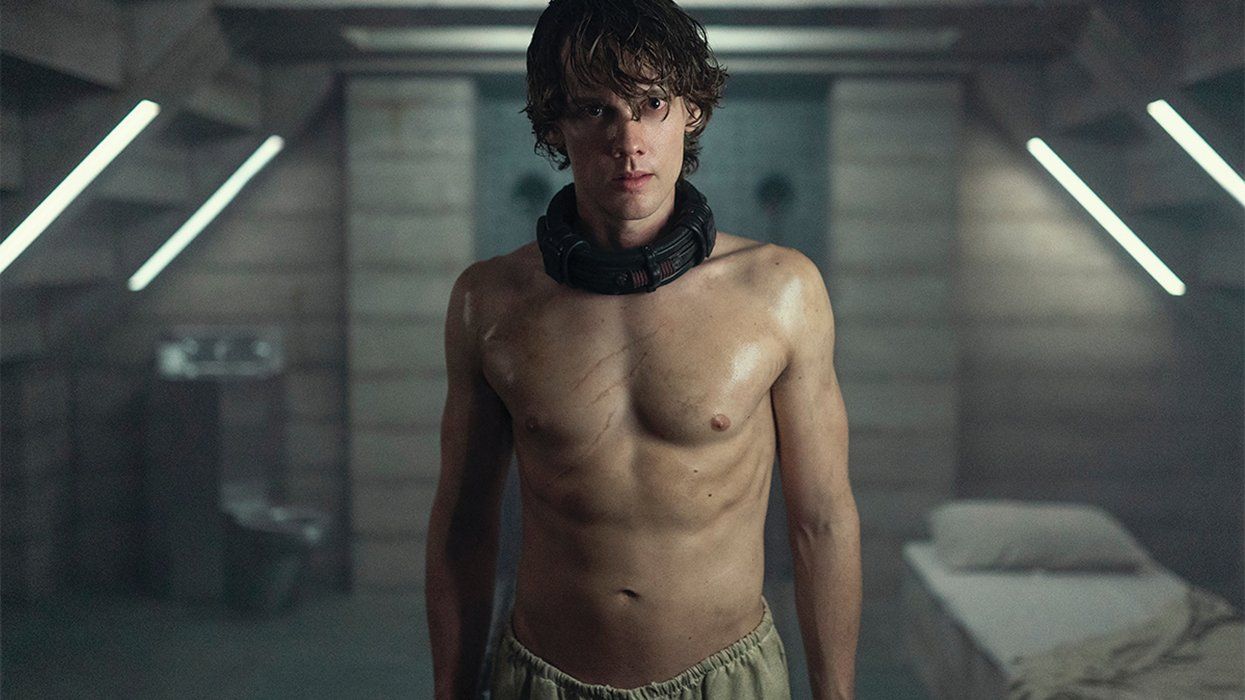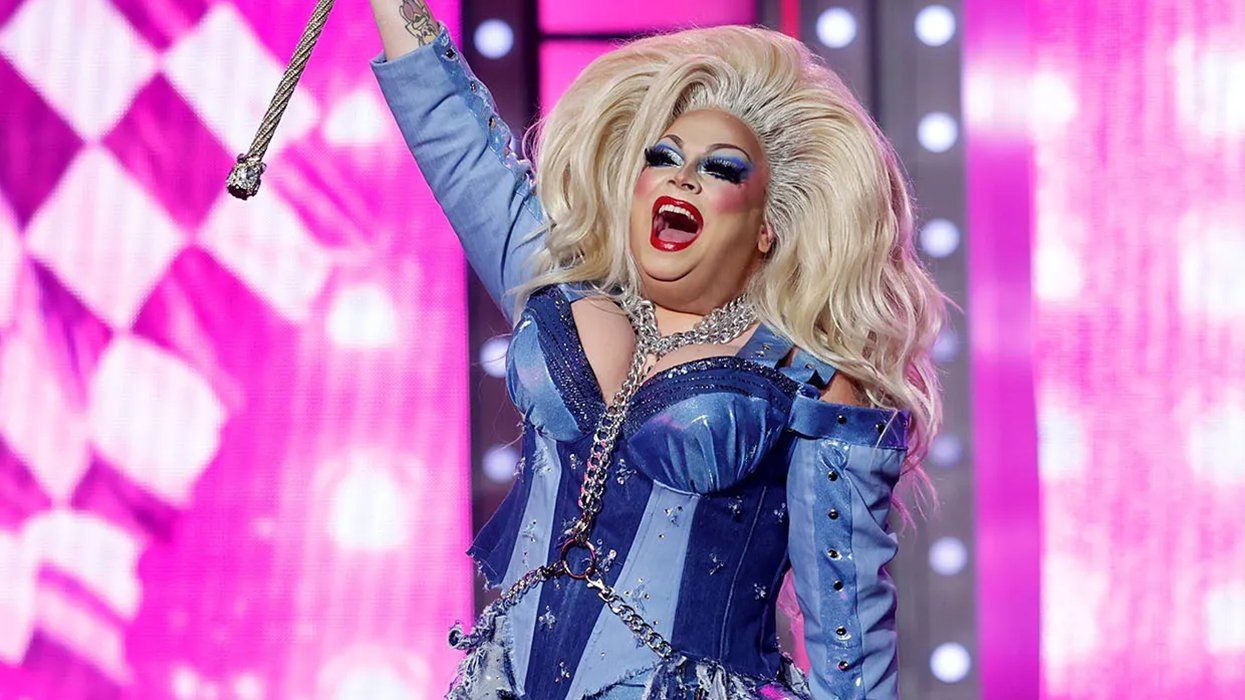Early in the process of penning his astonishing memoir, There Will Be No Miracles Here, Casey Gerald sent a few chapters to a respected writer he knew. "He was very concerned," recalls Gerald. "He said, 'Listen, you've been hired to write an autobiography, so what is this?'" The blunt feedback might have discouraged others. Gerald listened patiently as his friend suggested he take time out to read memoirs that reflected marginalized experiences -- a rich seam in American literature -- and then start over. "I was really grateful for his attempt at intervention because it clarified for me that I had no interest whatsoever in writing that kind of book," says Gerald, before quoting Kendrick Lamar: "I'm not on the outside looking in / I'm not on the inside looking out / I'm in the dead fucking center, looking around." He sighs. "I didn't need to write a book to assert that I existed, and more importantly, even though I am a poor, black, orphan queer, I haven't lived my life on the margins of nothing. I've been right in the middle of my life, just as everybody else has been in the middle of their lives."
What is it to be in the center of Gerald's life? His book starts with the end of the world. It is December 31, 1999, and the 12-year-old boy is waiting for the Rapture, just as soon as he finds his shoes. He expects plagues, riots, an atom bomb. Planes will drop from the sky. But Gerald will be with the saved, in the arms of the Lord. Midnight comes, midnight goes, and Gerald is still there, in his grandmother's house. Someone is boiling black-eyed peas. Barbara Walters is on TV, reporting from Paris; Connie Chung is live in Las Vegas -- "surely high on the list of the damned" -- and Peter Jennings is talking to Diane Sawyer in New York. For Gerald, it is a salutary moment. If he's going to find salvation it will have to be here, on earth. Paradise isn't calling just yet.
Lives are messy, and don't heel on demand, but a memoir is a frame on which to examine what is knotty and perplexing. In There Will Be No Miracles Here, Gerald nimbly avoids the twin perils of self-pity and romanticism, with writing that is muscular and direct. "I do not recommend this life to anyone," he says half-way through. By that point he has watched his college football legend father slide into heroin use and jail, while his bipolar mother has disappeared altogether. "She was my best friend and my defender and sort of this magical creature," Gerald recalls. "I tell people she reminded me of Blanche DuBois, and then one day she just disappeared." He matter-of-factly quotes Camus: "Each day I wake up and have to choose between shooting myself or having a cup of coffee." He is alive, he says, because he is too much a coward to take his life. The grandchild of a preacher, he'd find himself reading a verse from the Psalms over and over again: "When my father and my mother forsake me, then the Lord will take me up." Today, he takes those lemons and squeezes lemonade. "My childhood was chaotic and traumatic, but it prepared me for the world we are living in now," he says. "The institution is crumbling. All the promises have been broken, more or less. I find some comedy in it, and I also understand that the daily task is not necessarily to make the chicken shit in the chicken salad -- it's to find some joy, some peace, some love, some very small reason to keep going through the day."
Some years ago -- after graduating from Yale, and interning at Lehman Brothers -- Gerald was standing in line at a buffet next to George W. Bush. The former president wanted to know something about his life, what he did, how he'd fared. Gerald indulged him. Then, POTUS 43 asked whether his father had been there through his childhood. "No, sir," he replied. "Both my parents were gone by the time I was twelve." The choice of words was, perhaps, ambiguous -- Rod Gerald is still alive -- but true enough, all things considered. Bush would subsequently use Gerald's story in an interview he gave on a stage in Beverley Hills -- co-opting Gerald as the embodiment of the American Dream: a "young African American kid" who had beaten the odds and wound up playing football at Yale.
That might have been a story Gerald would have told if he'd run for President, as he planned to do. For a long time he sat in Capitol Hill Books in D.C., devouring political biographies and working on the outline of his run for congress -- aborted only when he came out to his fledgling campaign manager, who asked how'd he react if someone in the crowd shouted f****t. "So much of the muscle I built [at Yale] was the muscle of a politician," he says. "Trying to figure out what people like, what people wanted to hear, what people wanted from me, and providing that immediately." He sighs. "The downside of being an orphan is that you become a bit of a whore," he says. "I depended on strangers for mostly everything. That muscle of giving people exactly what they want so you can get what you need is, in some ways, the perfect training ground to be a politician in America."
Many years ago, in a Medieval village in France, a group of peasants started witnessing miracles, and became so obsessed with their visions that work stopped, field lay fallow. Finally, desperate to force the serfs back to work, the lords went to the king of France, who ordered a sign placed in the village square: "There will be no miracles here by order of the king." Some years ago, Gerald spotted the quote on a Tumblr page, and stored it away for future use. "The perspective of this book is the perspective of the peasants," he says. "It's the perspective of all of us who are in these circumstances, these boxes, these situations that don't work for us anymore. It's time for all of us to put down our ploughs, and the authorities will say, 'There will be no miracles here -- you can't imagine a different life for yourself; you can't get out of this prison house of masculinity or homophobia or racism. You're supposed to be sad and tired and depressed all the time. You're supposed to have facts and data and clinical case studies.' " He pauses. "What I'm trying to say in this book is it's a time for magic. It's a time to be completely unreasonable and irrational and live in an alternate universe and to believe in miracles, even if it's just getting through each day as a strange person on a decaying planet."
There Will Be No Miracles Here is published by Riverhead Books and available October 2.
Photography by Dorian "Scottie" Wilson


